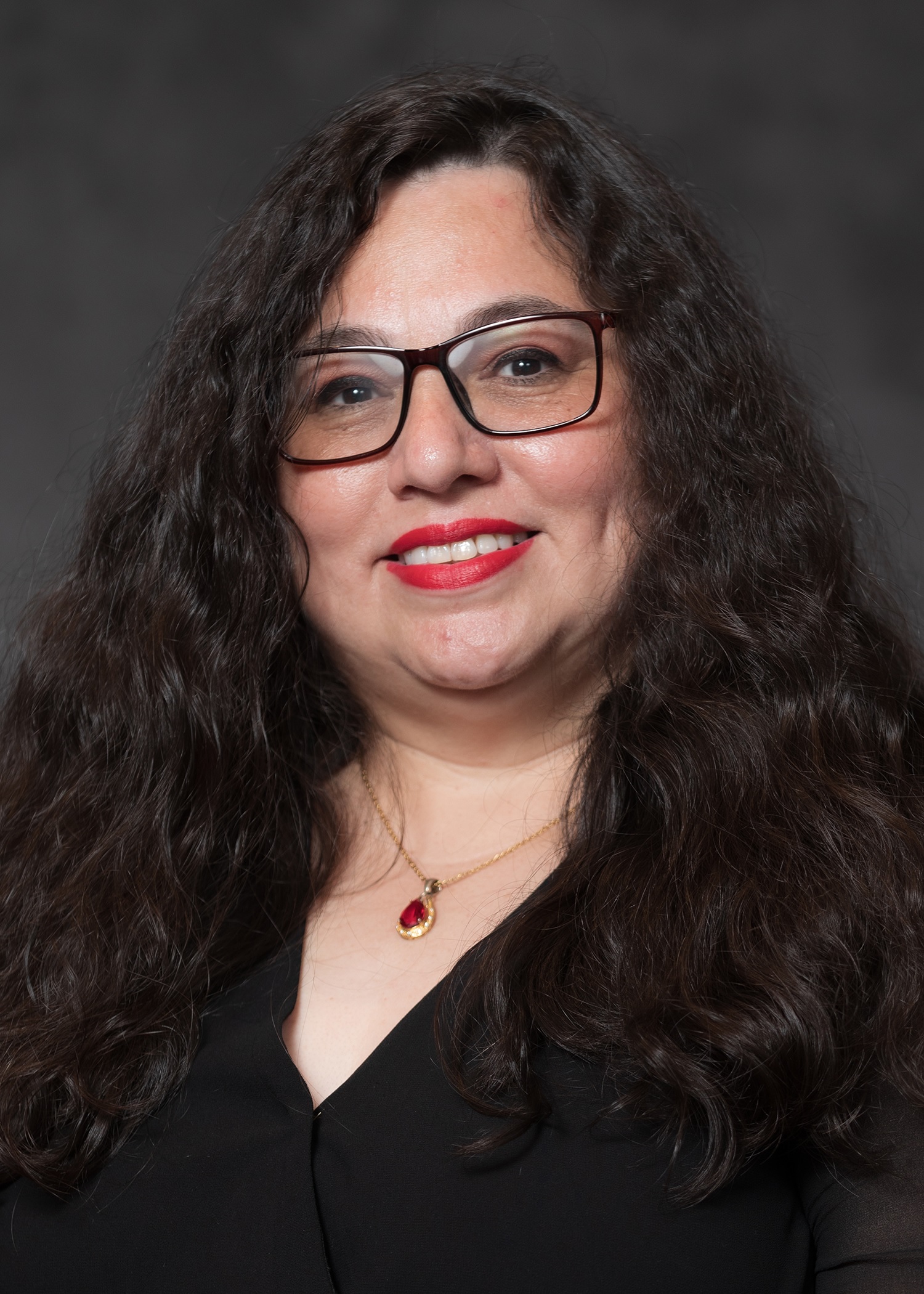The popularity of language learning apps is rising due to their convenience, flexibility, and accessibility worldwide. Mobile-assisted language learning (MALL) has the potential to connect local and global contexts, promote self-paced individual learning and social interaction, and motivate learners through gamification and social media-like features. However, MALL applications need to adhere more closely to second language acquisition principles to truly drive learning. This presentation introduces the Eduling Speak app, which aims to enhance communicative competence and language development through task-based and text-based approaches. Teachers can also integrate the available tasks into their courses and monitor students’ task performance and progress.
 |
Dr. Linh Phung is an experienced language teacher, researcher, book author, and creator of Eduling Speak, an app offering English courses based on input-based, AI-human, and human-human communicative tasks. She served as an English Language Specialist with the U.S. Department of State in 2023 and has presented to teachers worldwide |





